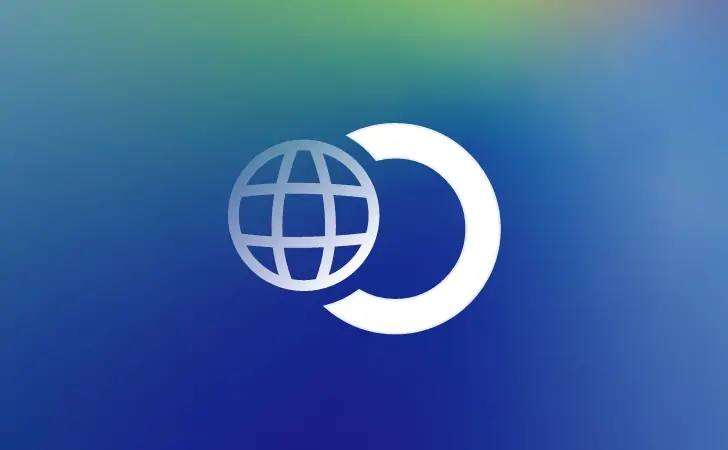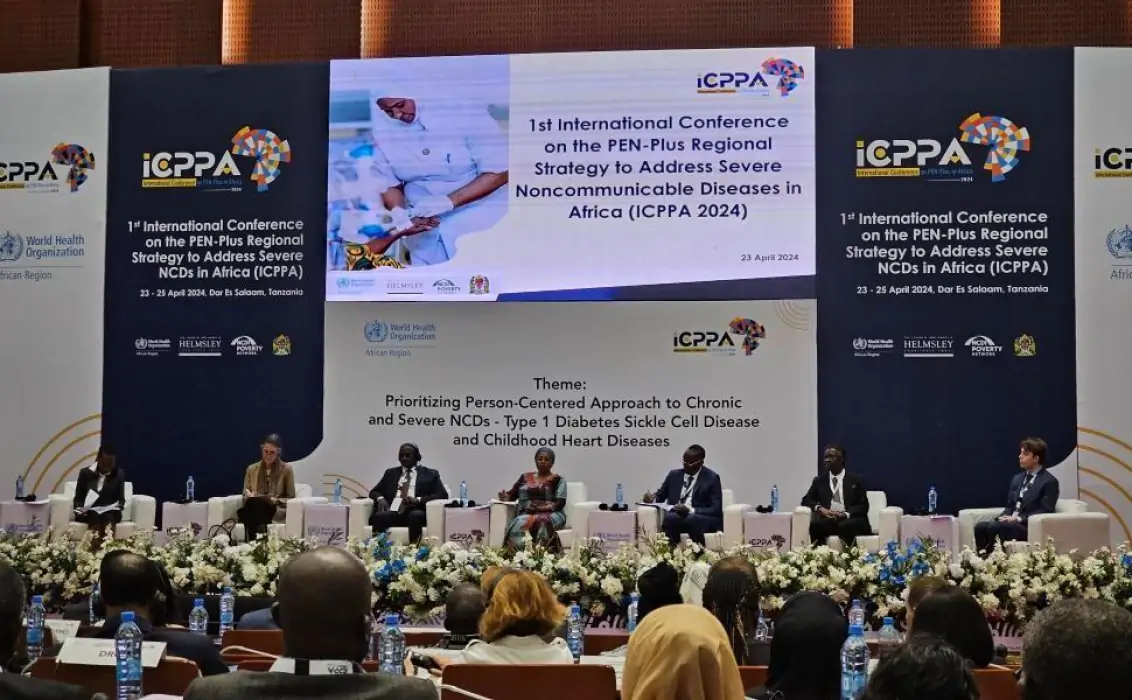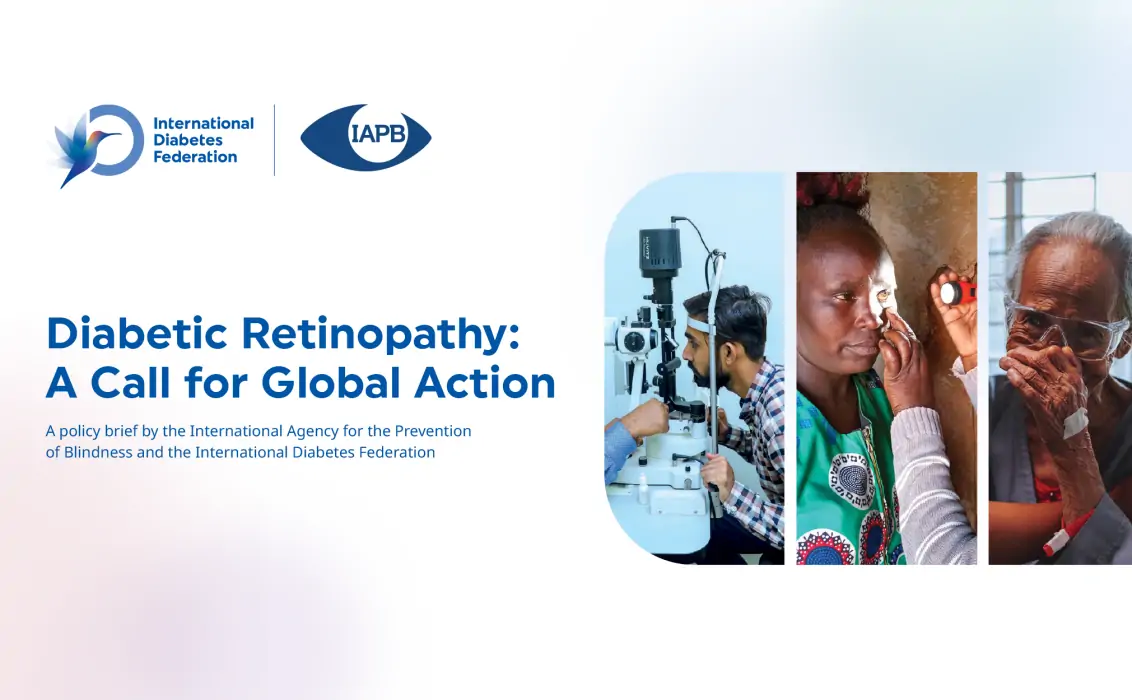The 152nd session of the WHO Executive Board, held on 30 January – 7 February 2023, discussed the the WHO Director General report on Reorienting health systems to primary health care as a resilient foundation for universal health coverage and preparations for a high-level meeting of the United Nations General Assembly on universal health coverage.
On this occasion, the World Heart Federation released a constituency statement on behalf of the following members of the Global Coalition for Circulatory Health: Framework Convention Alliance on Tobacco Control, International Alliance of Patients’ Organizations, International Diabetes Federation, International Society of Hypertension, International Society of Nephrology, World Hypertension League and World Stroke Organization.
We note with disappointment the report by the Director-General recognizing that the world is not on track to achieve the SDG 3 targets but welcome the valuable guidance to Member States through the four priority areas of action.
Circulatory diseases, including heart disease, stroke, diabetes, and kidney disease, are the number one cause of death and disability worldwide, leading to more than 20 million deaths and 374 million healthy years of life lost every year. In the absence of UHC, the chronic nature of circulatory disease has a catastrophic impact on a country’s development and is responsible for the generational poverty experienced in many LMICs. As highlighted in the report, 90% of essential interventions for UHC can be delivered through PHC. Therefore, the Global Coalition for Circulatory Health calls on Member States to:
- Accelerate progress towards UHC through robust and well-financed primary health care systems, including investments in family medicines where appropriate, based on the principles of quality, equity, accessibility, and affordability
- Ensure adequate and sustained financing for, and availability of, circulatory health services, in the context of national UHC strategies; including for prevention, acute and chronic treatments, and rehabilitation, while additionally incorporating digital innovations in circulatory health
- Include cost-effective circulatory health interventions that also address their risk factors into national UHC packages of essential interventions to be delivered at primary health care level, drawing on examples from Appendix 3 of the WHO Global NCD Action Plan and the HEARTS Technical Package, and to
- Engage people living with NCDs and circulatory conditions to keep UHC people-centered
Finally, we would also like to extend our support for the Resolution on Diagnostics and request Member States to consider it for the upcoming 76th WHA. Implementation of these recommendations can contribute significantly to reducing the burden of circulatory diseases and alleviating poverty.
Constituency members:
- Framework Convention Alliance on Tobacco Control (FCA)
- International Alliance of Patients’ Organizations (IAPO)
- International College of Surgeons (ICS)
- International Diabetes Federation (IDF)
- International Society of Nephrology (ISN)
- PATH
- World Heart Federation (WHF)
- World Hypertension League (WHL)
- World Organization of Family Doctors (WONCA)
- World Stroke Organization (WSO)



